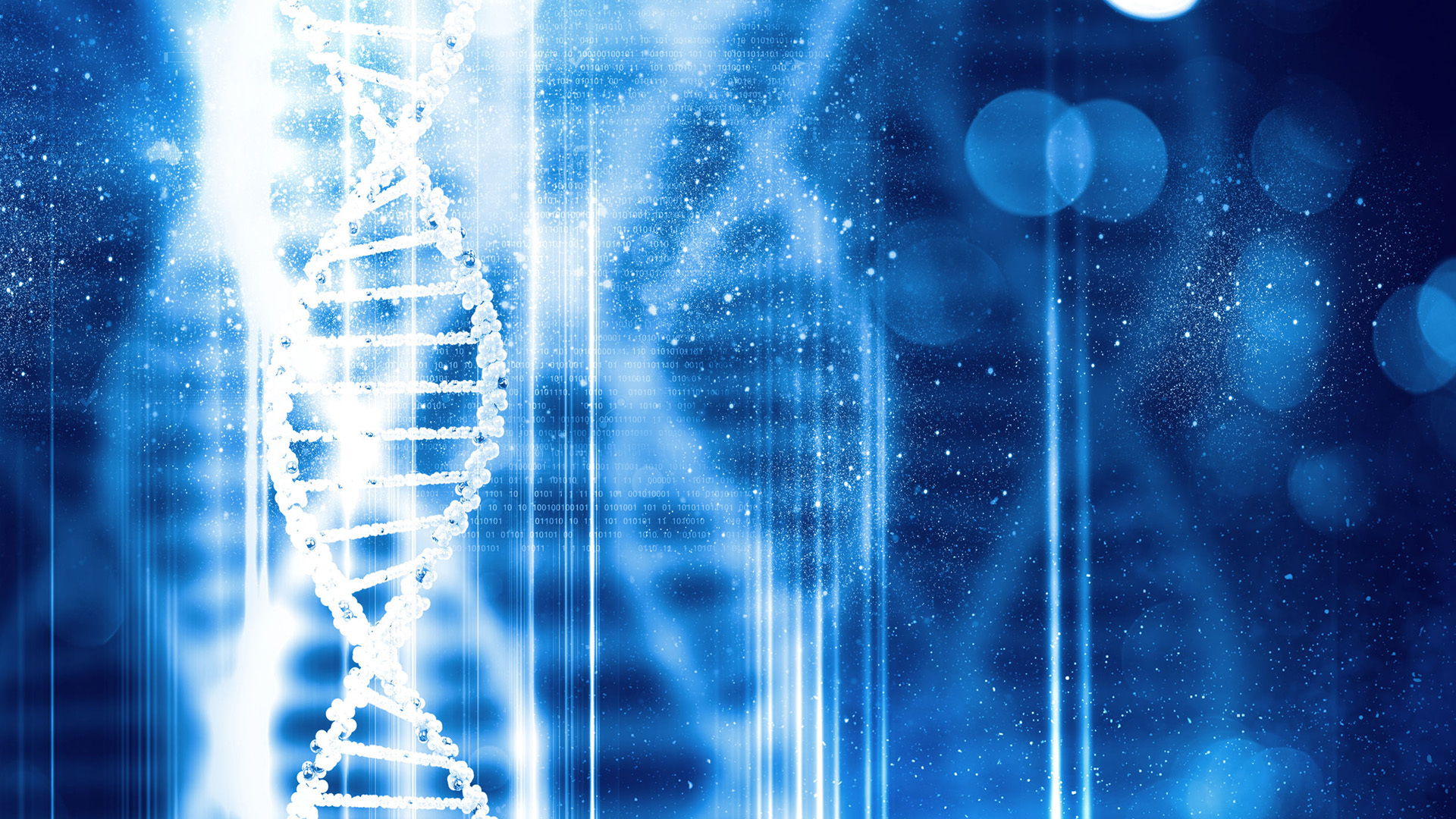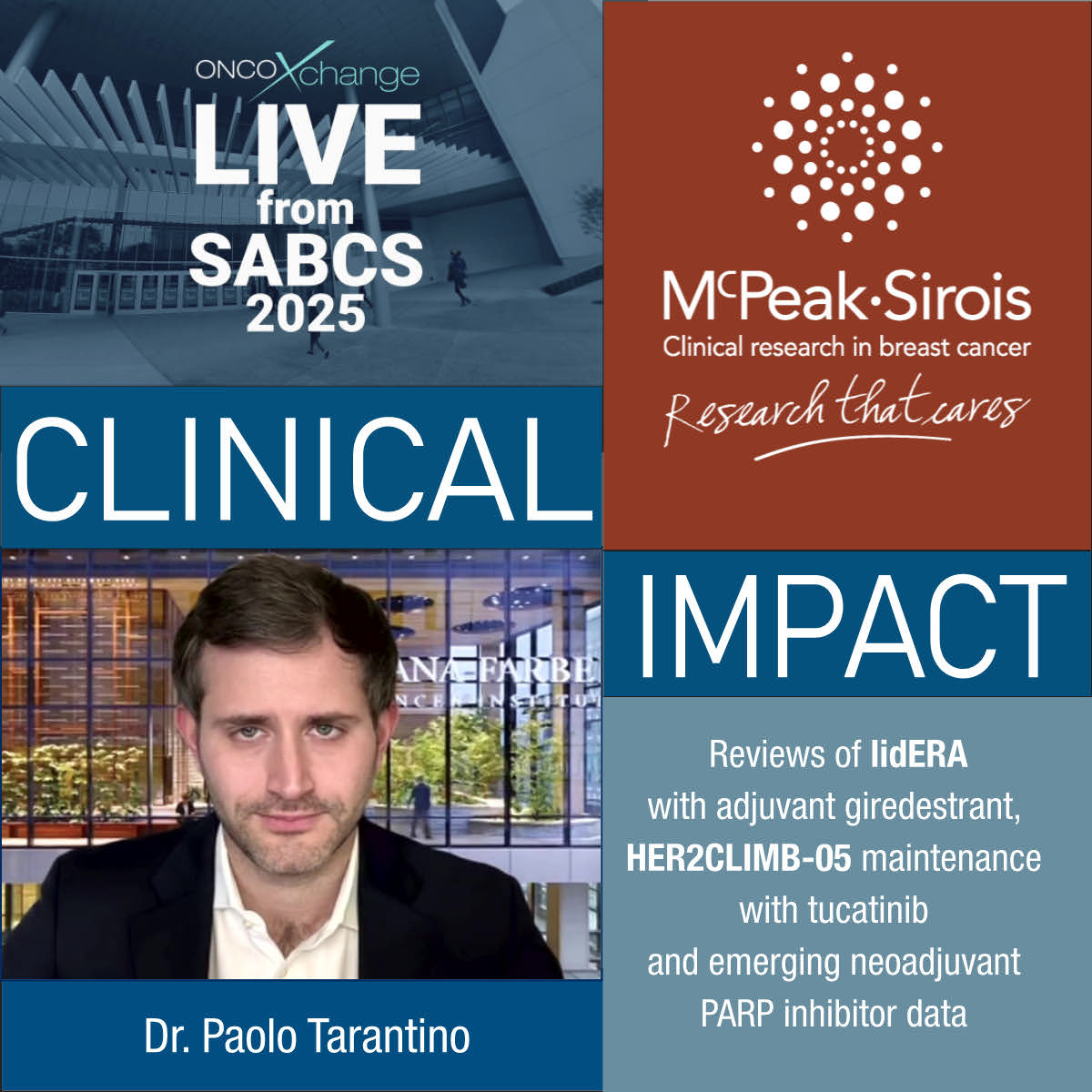
Exome sequencing identifies new breast cancer susceptibility genes
October 2023
By Wayne Kuznar for oncoXchange
Evidence for at least four new breast cancer genes was uncovered as part of a large-scale international collaborative study. The genes may eventually be included in the panel of breast cancer genes used to identify women at increased risk of the disease. Alterations in one of the new susceptibility genes identified, MAP3K1, appear to be associated with a particularly high risk of breast cancer.
The discovery of these novel genes provides crucial information on the biological mechanisms underlying cancer development, potentially opening the door to identifying new treatments.
The study was published in Nature Genetics (2023;55:1435-1439).
Current genetic tests for breast cancer consider a few genes, such as BRCA1, BRCA2, and PALB2, which explain a minority of the genetic risk, suggesting that more genes remain to be identified. Researchers led by Jacques Simard from Université Laval Research Center, Québec City, Canada, and Douglas Easton from the University of Cambridge, U.K., conducted a meta-analysis across three large whole-exome sequencing datasets, containing 26,368 female breast cancer cases and 217,673 female controls, to assess the role of rare variants in all coding genes.
Two main categories of variants were considered: protein-truncating variants (PTVs) and rare missense variants (minor allele frequency <0.001). “Single-variant association tests are generally underpowered for rare variants; however, burden tests, in which variants are collapsed together, can be more powerful if the associated variants have similar effect sizes,” they wrote.
In the PTV meta-analysis, 30 genes were associated at P < 0.001. Of these, six met exome-wide significance (P < 2.5 × 10−6), five of which are known breast cancer risk genes— ATM, BRCA1, BRCA2, CHEK2 and PALB2. Associations were also identified for PTVs in MAP3K1 (P = 1.2 × 10−9). Associations at P < 1 × 10−4 were identified for PTVs in LZTR1, ATR interacting protein (ATRIP) and BARD1, a known risk gene. Of the other previously identified breast cancer susceptibility genes, associations with P < 0.01 were observed for CDH1 and RAD51D.
Some 28 of the 30 associations at P < 0.001 correspond to an increased risk, the authors wrote “compared with ~15 that would be expected by chance.”
“For the rare missense variant meta-analysis, 28 genes had a P < 0.001, 18 of which corresponded to an increased risk of breast cancer, compared to 14 expected by chance,” they added.
“Only CHEK2 met exome-wide significance (P = 7.0 × 10−19). Associations with P < 1 × 10−4 were also observed for rare missense variants in SAMHD1, HCN2, CLIC6 and ACTL8.”
When missense variants were combined with PTVs using a Combined Annotation Dependent Depletion score >20, 33 genes had a P < 0.001, 22 of which corresponded to an increased risk of breast cancer.
Six genes met exome-wide significance, including the following known five risk genes: CHEK2, BRCA2, PALB2, ATM. and BRCA1, together with CDKN2A. Associations with P < 1 × 10−4 were also observed for SAMHD1, MRPL27, EXOC4, and PPP1R3B.
When using a Helix score >0.5 combined with PTVs to define deleterious rare missense variants, 29 genes had a P < 0.001, 25 of which corresponded to an increased risk of breast cancer, but only the known five genes met exome-wide significance. Associations with P < 1 × 10−4 were also observed for LZTR1, MAP3K1, DCLK1, MDM4, STX3, and ATRIP.
Of the genes with P < 1 × 10−4, “MAP3K1, LZTR1, ATRIP, CDKN2A and SAMHD1 have prior evidence of being tumor suppressor genes,” the authors noted. “MAP3K1 is a stress-induced serine/threonine kinase that activates the extracellular signal-regulated kinase and Jun Nterminal kinase pathways by phosphorylation of MAP2K1 and MAP2K4.
"Inactivating variants in MAP3K1 are one of the commonest somatic driver events in breast tumors.”
The aim is to integrate this information into a comprehensive risk prediction tool currently used worldwide by health professionals. “Improving genetic counseling for high-risk women will promote shared decision-making regarding risk reduction strategies, screening, and determination of treatment options,” says Professor Simard in a statement issued by Université Laval.

Comments (0)